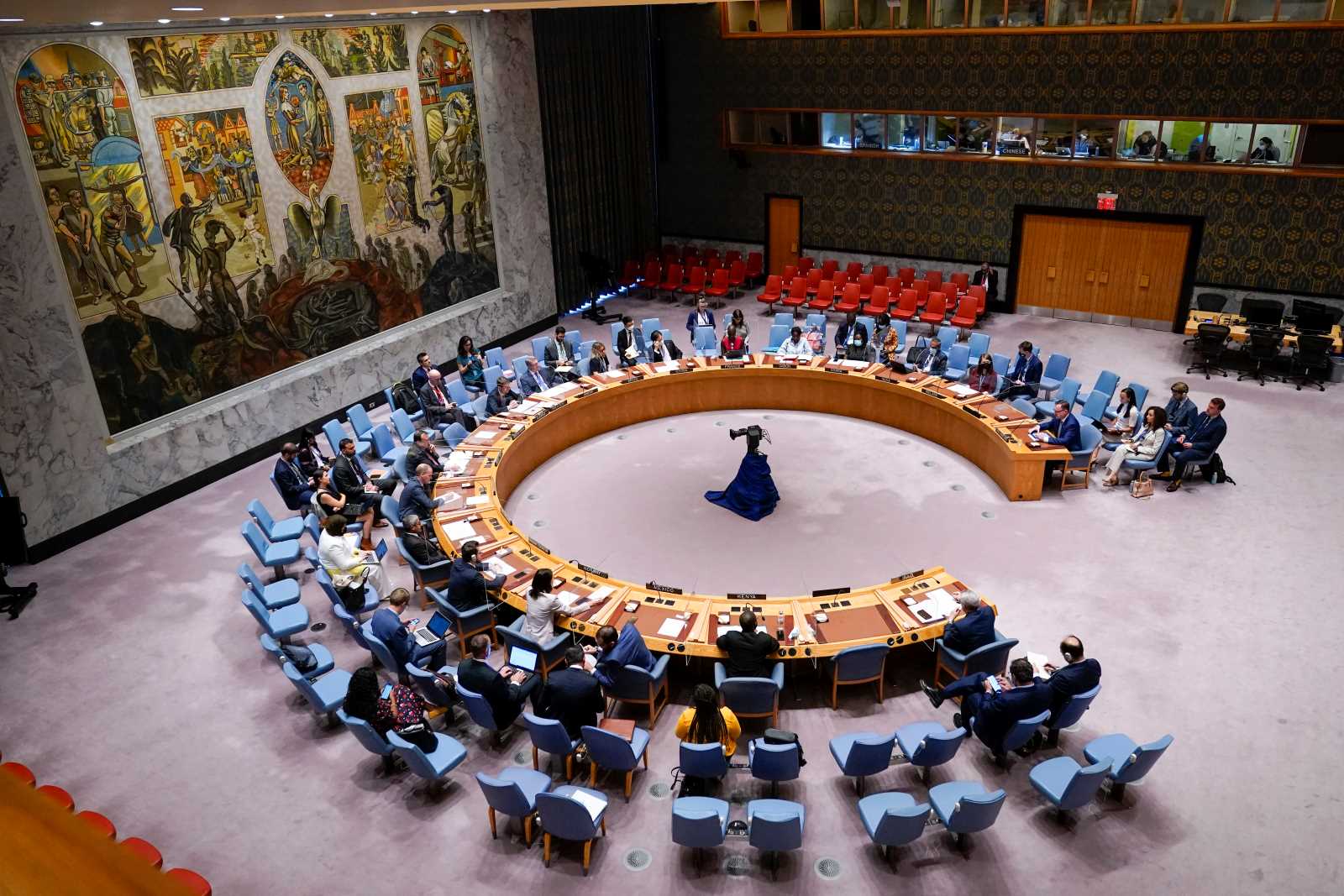Renewed focus on governance issues
In development circles, Romer is probably best known for his proposal to set up “charter cities”. The idea is basically to start something like a special economic zone and run it according to efficient and reliable laws that have proved their worth in a highly developed nation so “good governance” will allow the new agglomeration to thrive and grow fast. Ideally, the government of the highly developed nation that is being copied would guarantee competent administration.
A few years back, Romer told me about what he had in mind in an interview.
His proposal is controversial. Good governance, after all, is supposed to include elected government. Charter cities, however, would be controlled by unelected administrations whose jobs it would be to transfer the governance system from somewhere else.
Some critics argue that Romer’s proposal is neo-imperialist, but I think they are missing an important point. The imperial powers did not run colonies with an eye to develop them and turn them into prosperous societies. They exploited colonies. They did enforce laws, but it would be stretching the term to say the introduced the rule of law. Their judicial systems were part of the oppressive colonial state that was designed to give the foreign rulers an edge over the local people.
Part of the tragedy of the post-colonial world is that the bureaucracies of the newly independent nations did not change much. Instead of serving their colonial masters, they began to serve themselves.
Romer’s idea is inspired by the developmental success of Hong Kong, Singapore and later Shenzhen and other special economic zones in China. The goal is to kick-start indigenous growth so a prosperous megacity can emerge.
It is very tricky to build a charter city in practice. Romer has been trying to get the idea implemented, but has failed so far. It makes sense, however, for the World Bank to appoint him. The Bank has been promoting awareness of governance issues for almost two decades, but that discourse has not brought about massive progress, as the FT points out in a comment.
In a time when many leaders are resorting to nationalist populism, the relevance of governance issues is probably even growing. Romer’s emphasis is on the rule of law as an unbiased system that does not only serve the powerful. He wants institutions to be enablers. The point is not to have a strongman shouting orders and suppressing dissent in the name of “order”.
To some extent, his approach is probably too technocratic, focusing on rules without much concern for how those rules are embedded in society. The good news, however, is that Romer is not the kind of economist who believes that the models his academic discipline produces reflect laws of nature that must be enforced in the name of efficiency. Technocrats of this kind are probably as dangerous as populist authoritarians are because they too do not need any kind of deliberation. They argue that abstract mathematical formulas tell us what needs to be done in the real world.
I see two big problems with these people. First, their models are unrealistic mind-games telling us what the world would be like if we were all strictly rational, utility maximising robots rather than complex human beings. Second, their models often serve powerful interests without making it obvious. I’ve discussed this before, and I guess I’ll be returning to the topic soon.
Romer’s charter-city vision certainly has strong technocratic elements, but it is not simply about implementing a mathematical model. Actually, Romer himself has made fun of other economists’ “mathiness”, pointing out that nonsense remains nonsense even when coated in fancy mathematical formulas. I wish more economists would see that problem.














